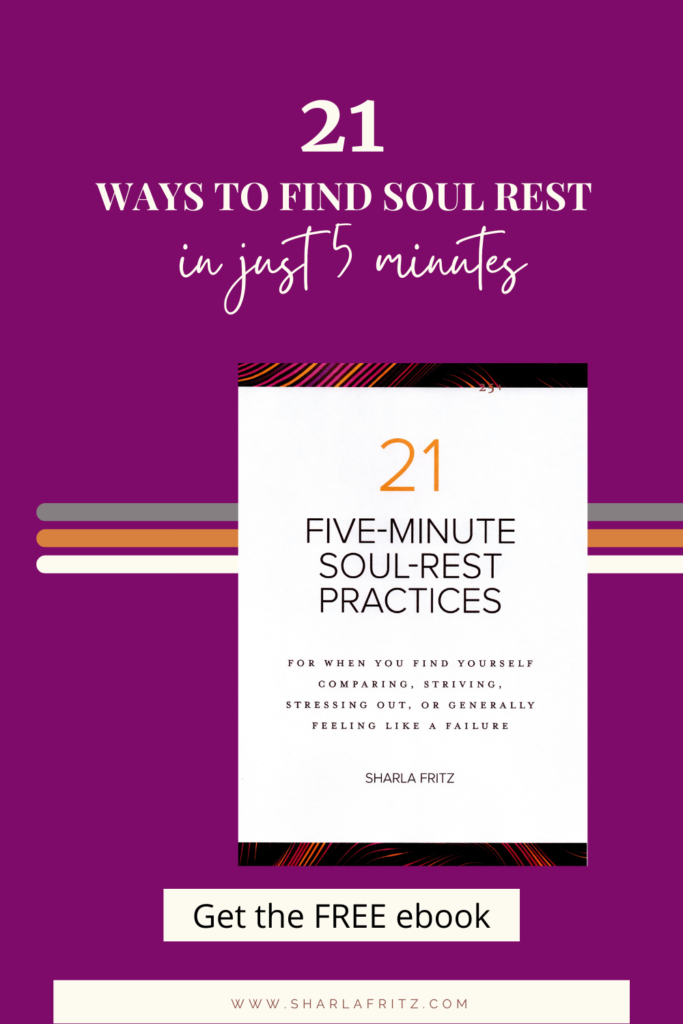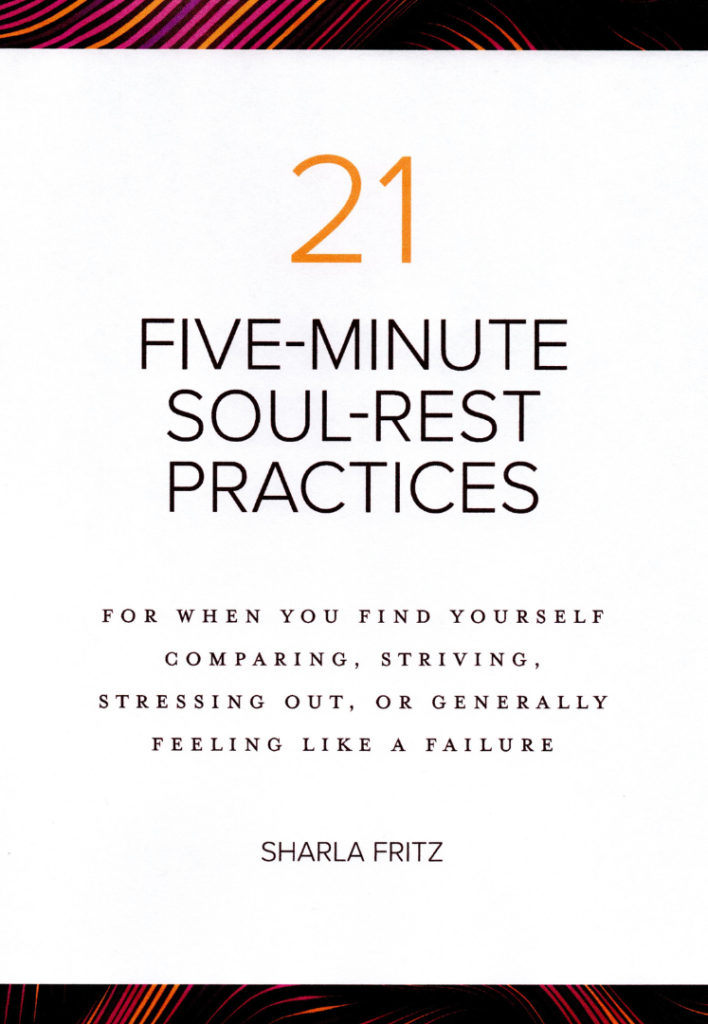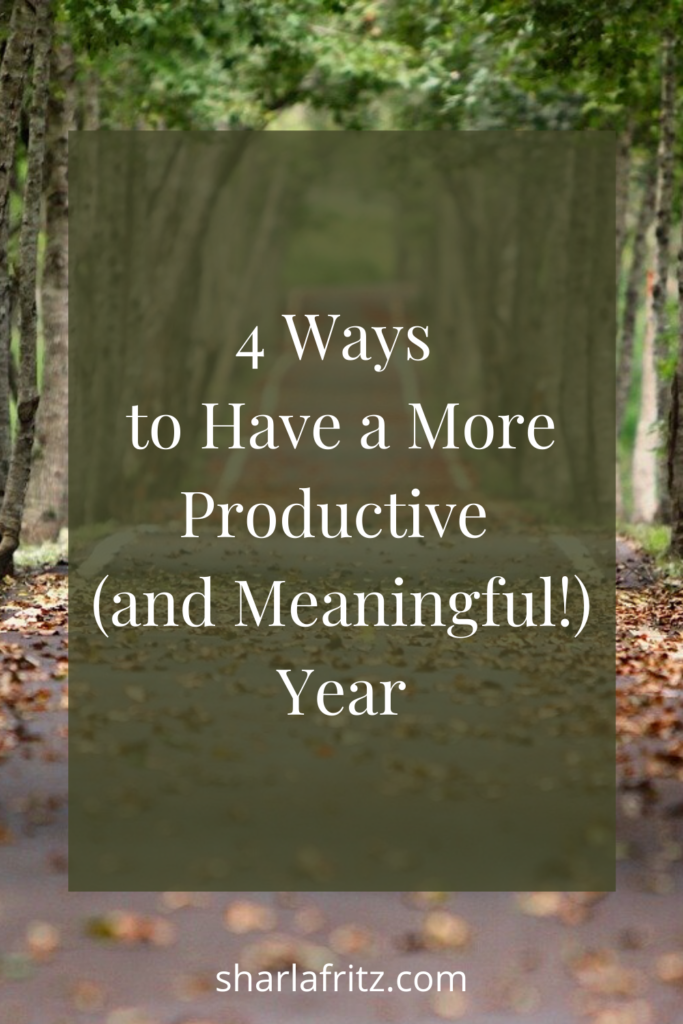
Ever wonder about God’s view of success? His Word gives excellent instruction on the topic. Here’s a biblical primer on success. Start reading here and then head over to iBelieve.com for the full article.
Signing up for any college course means studying. You listen to lectures. Read textbooks. Conduct research online. Education helps you become an expert in your field.
Learning about success is much the same. We can sign up for webinars about productivity. Listen to leadership podcasts. Buy one of the 80,000 books on success that online retailers have to offer.
But the best source for wisdom on success is found in a book you probably already own—the Bible. Inside this familiar book, you can find timeless principles about achievement, accomplishment, and prosperity. The values taught in Scripture are just as true today as they were when they were written thousands of years ago.
Read God’s textbook and learn His view of success. Below, you’ll find eight passages on the subject—plus a few questions to get you thinking about how you can apply God’s perspective to your work and personal success:
Proverbs 3:3-5
“Let not steadfast love and faithfulness forsake you;
bind them around your neck;
write them on the tablet of your heart.
So you will find favor and good success
in the sight of God and man.
Trust in the Lord with all your heart,
and do not lean on your own understanding.” (ESV)
The world’s formula for success may be: Claw your way to the top. Don’t worry about stepping on others’ toes on the way up. And don’t depend on anyone else for your success.
But the Bible says love and faithfulness are keys to success. Hesed, the Hebrew word for love used in this verse, is characterized by strength and kindness. Instead of clawing our way to the top, God asks us to show grace and consideration to others. And faithfulness leads to success because people will turn to reliable and stable workers rather than those who seem changeable and erratic.
This passage also instructs us to trust and rely on God instead of ourselves. When we depend on the Lord’s wisdom instead of our limited understanding, we have an advantage over others. Plus, wholeheartedly leaning on God will make you successful in His eyes.
Questions to consider:
How can you apply steadfast love and faithfulness to your work?
What do you need to trust God with regarding your job or home responsibilities?
Where have you perhaps leaned on your own abilities instead of God? How can you change this?

Proverbs 16:3
“Commit your work to the Lord,
and your plans will be established.” (ESV)
In our world, it seems like whatever success we have totally hinges on our efforts. So we work longer and longer hours to get ahead. We take on more and more responsibility to attract praise from our bosses.
But God says we can commit our work to Him. Another version of the Bible says it this way, “Roll your works upon the Lord [commit and trust them wholly to Him]” (Proverbs 16:3 AMPC). Our heavenly Father invites us to roll all our burdens of balancing budgets and managing schedules onto Him. We can trust Him to help us with everything from gigantic corporate projects to our weekly menu planning. God will establish our plans when we first go to Him in prayer and ask Him to show us His will.
Questions to consider:
What work and plans do you want to commit to the Lord?
How does faith make a difference in your work?
How does praying that God’s will be done change your attitude about your plans?
Go to iBelieve.com to continue reading a biblical primer on success. There you’ll fine 7 more Scripture passages and lessons about success.






























